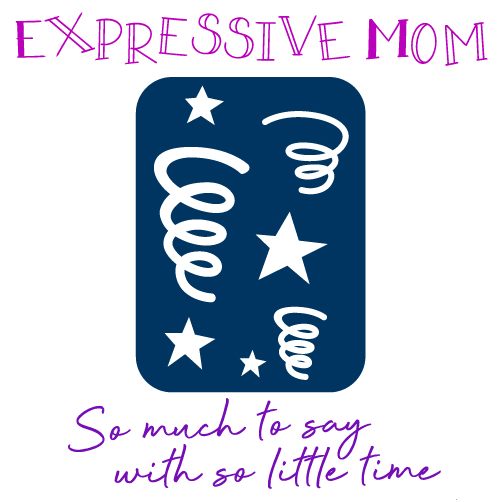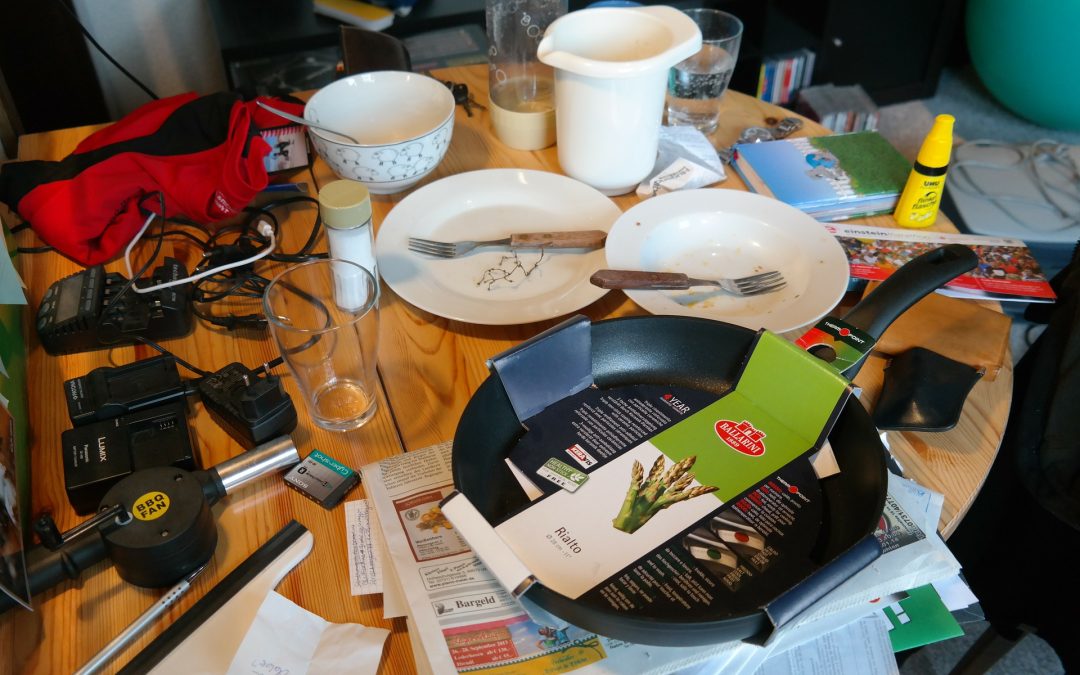As more millennials are swooping in to lease smaller houses and apartments, many are struggling to find a place for their belongings. Not only can clutter have negative effects on the property, but it can also affect the mind.
Despite one’s best intentions, piles of “stuff” can take up valuable territory — physically and even emotionally. Here are some reasons your living space may be in disarray:
- Uncertainty of What Constitutes as Clutter: The definition of clutter varies from person to person. However, a good rule of thumb is that if an item is broken or not useful, aesthetically pleasing, or sentimental, it might be time to donate or toss it.
- Inability to Let Go: Many people tend to hold on to a specific piece of clothing or home item if it’s sentimental, a gift, or being saved for a just-in-case event. Emotions can make belongings feel irreplaceable, but you should recognize when something is ready to go.
- Lack of Organizational Routine: Most clutter piles get bigger simply because they become part of the general landscape. By implementing a functional routine, cleaning could become second nature and clutter won’t have time to accumulate.
- Impulse Shopping: Impulse buying can be a recipe for disaster. Don’t buy sale items or hobby supplies if you’re not sure where to store them or when they’ll be used. Buying on impulse may give instant gratification, but it probably won’t help you in the long run.
To learn more about the psychological effects of clutter and what you can do to combat it, check out our resource.



Connect With Me !